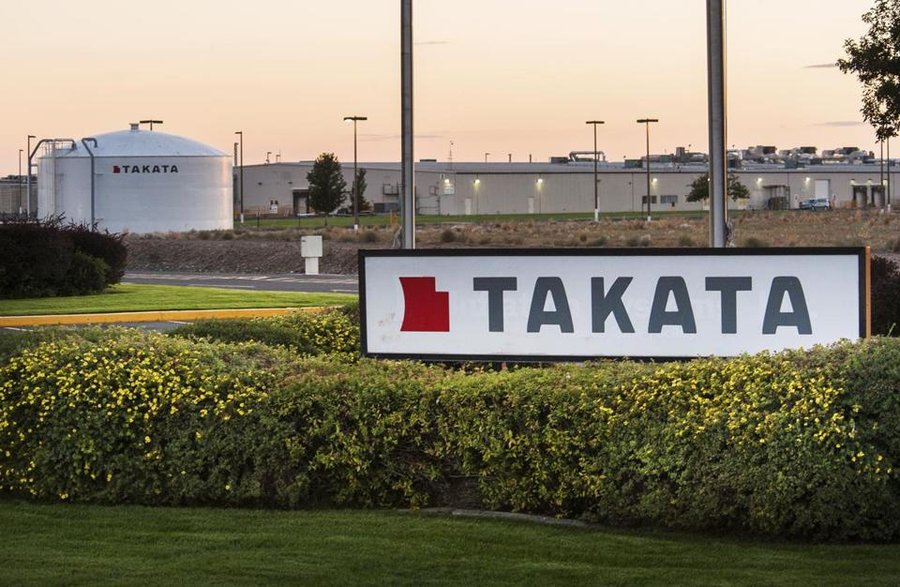Japan Follows US Lead in Banning Certain Takata Components

The agency won't allow any vehicle currently under development to use the components. Existing models can't have the parts without a moisture-absorbing desiccant on the driver's side by 2017 and passenger's side by 2018, according to Bloomberg.
As part of its $70 million initial punishment against Takata, the DOT mandated the business couldn't sign any new contracts to supply ammonium nitrate inflators, and it must phase out the components in existing deals by December 31, 2018. An independent monitor also has oversight over Takata in the US for the next five years.
Takata's exploding inflators have alleged links to eight deaths and around 100 injuries. Experts believe the ammonium nitrate propellant can absorb moisture over time and then ignite too quickly during airbag deployment. Recent evidence suggests the company might have hidden problems found during internal testing for at least a decade.
The recall to fix the exploding inflators affected millions of vehicles worldwide, including 19.2 million in the US. The situation also occasionally continues to grow after Toyota's recent campaign for 1.6 million mostly Japanese market models. According to Bloomberg, about 48 percent of the total affected population in Japan have their replacement parts as of the end of September.
Related News


